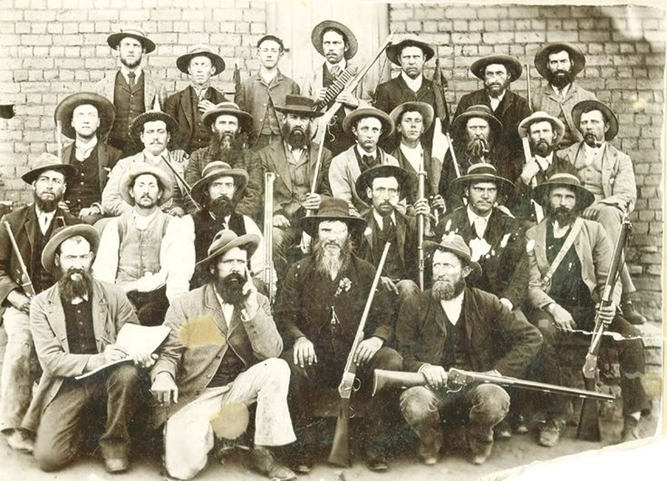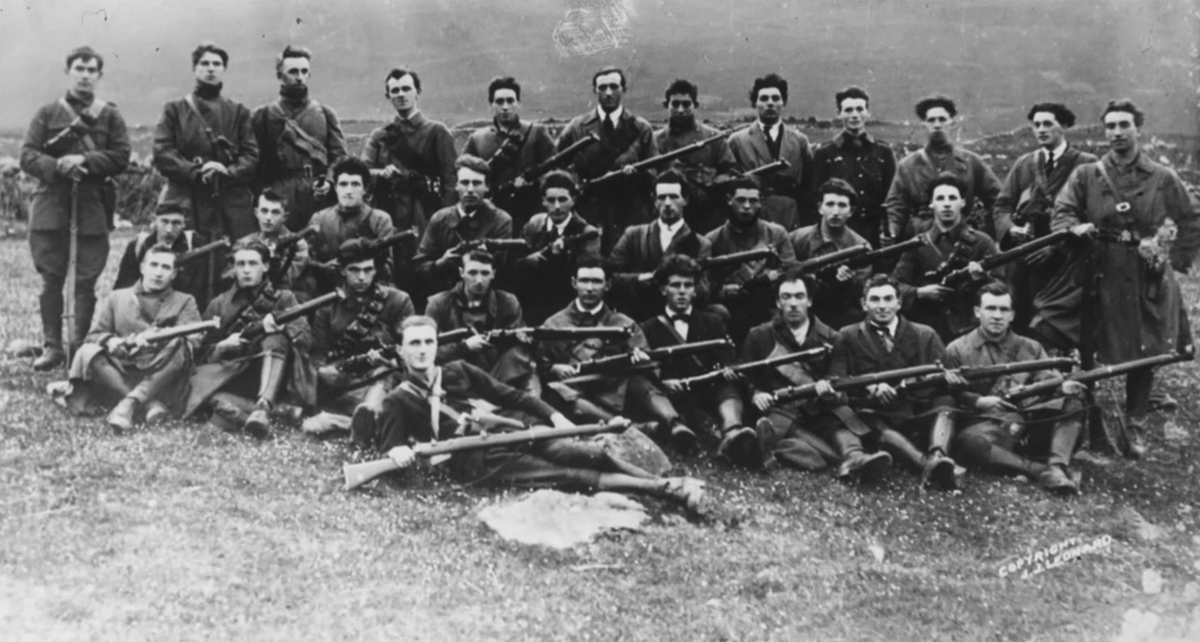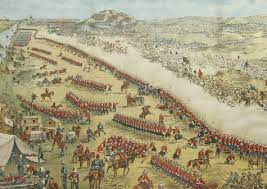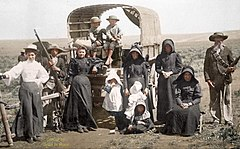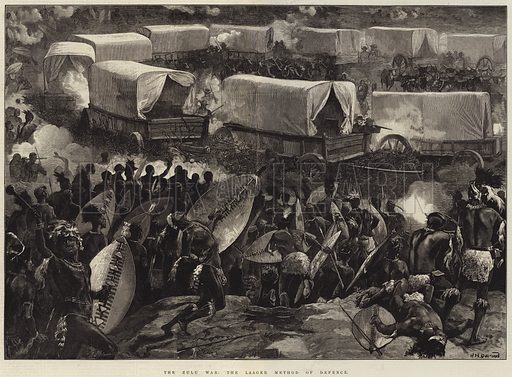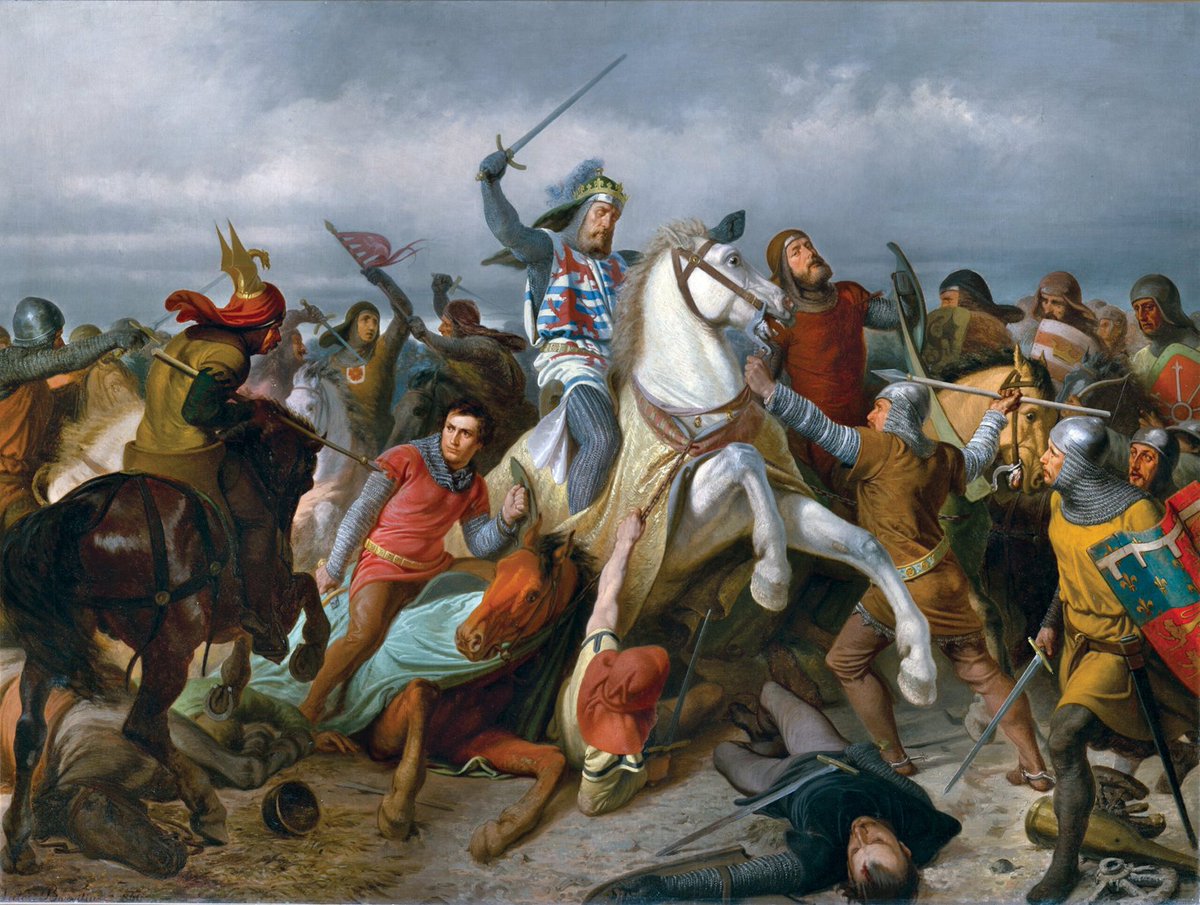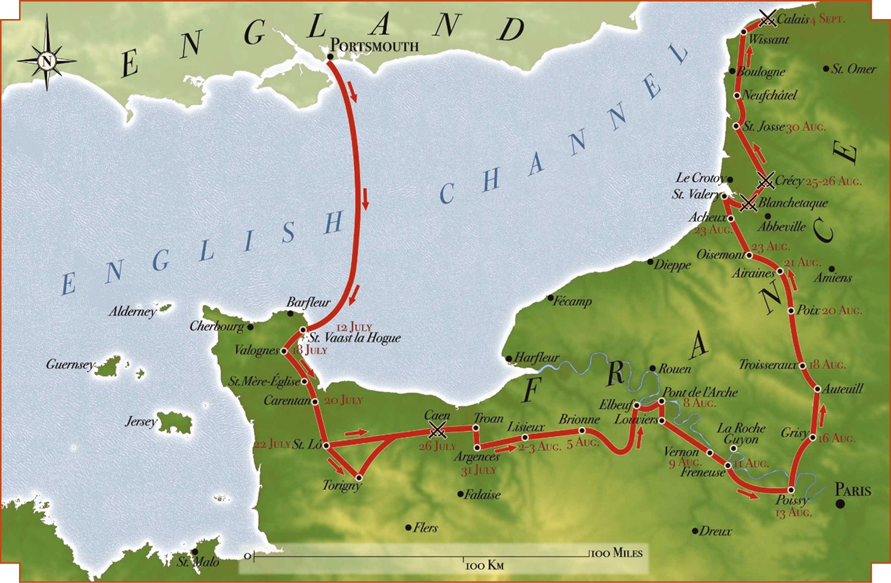Look, I haven’t heard all that much CWII talk, but the “you don’t want that” takes tell me it’s out there. The people telling you “you don’t want that” are men I know and respect. Men who know war, and they are men who absolutely would fight if they believe the time called for it
The people telling you “you can’t vote your way out of this” and all the other tropes are rightfully sick of some of the things they see: a two tiered Justice system, a willingness to sacrifice children, an ever expanding deep state, but what they don’t offer is a solution.
Sure there is the Cincinnatus crowd, but I don’t see a Cincinnatus anywhere.
The pleas of common men are understandable, even forgivable, and it is unreasonable to expect their anger to be assuaged by the fact that the US Gov has always been corrupt and full of moral iniquity.
The pleas of common men are understandable, even forgivable, and it is unreasonable to expect their anger to be assuaged by the fact that the US Gov has always been corrupt and full of moral iniquity.
This is a major reason there is a lack of buy in for war. It isn’t fear, or cowardice, or condoning the status quo. There is a very real belief that after the horrors of even a victorious war, there is little guarantee anything will be any better.
What I refuse to forgive is those voices rabble rousing for clicks, or to grift from the pain of my fellow citizens. Both sides do this. People shouting from the top fringes who try to profit from pouring gasoline on the embers of division. People who are willing to turn people
who agree on 85% of things into blood enemies over 15%. They prey on the weak and stupid, and they fear monger until you believe you really live in a draconian nightmare. Yes, there are legitimate grievances about the state of policing, and the cities, and a list of things to be
redressed, but are those obstacles that can not be overcome within the current strategy of building your local communities? We talk about this a lot, the micro vs the macro and all of the garbage that comes from DC, but is your community better off building stronger, or on fire?
Added to this a national level civil war is way down the list on most likely outcomes. We have seen local nullification of federal law work, we have seen states strike back against the destruction of America. Ask yourself why are they pushing for an all out war?
The men who are telling you this isn’t a good idea know not only what the cost would be, but they know what it is like to be misled into a war by people who won’t be there to bleed with you. If you think Mr Chemically Salty is going to reload your belt under fire you are lost
These men recognize the hollowness behind the calls for war, and they are trying to warn you. Some of these men I would trust my life to. One of them I have.
It isn’t fear, or a question of your toughness. Americans have suffered for far less causes than our own freedom before.
It isn’t fear, or a question of your toughness. Americans have suffered for far less causes than our own freedom before.
Rather it is a sincere belief that we are not there yet. That the transgressions that effect every day citizens have not risen to the level of national civil war. The the country that survived the Bonus Army and a thousand other scandals can be put back together.
Yes, the chances might be slim. But those that have smelled a human body on fire, picked up the pieces of a child’s corpse, or felt superficial temporal arterial spray on their face are begging you to remember there are still ways to avoid you those horrors. Listen to
them.
them.
Edit: I did see some finally… The US is far more likely to regionalize and bring back state led em nullification of federal law than it is ever to fall into a stay on state civil war. No matter how good blondes from Bulawayo look in “I’m staying in Rhodesia” tshirts
• • •
Missing some Tweet in this thread? You can try to
force a refresh

 Read on Twitter
Read on Twitter

